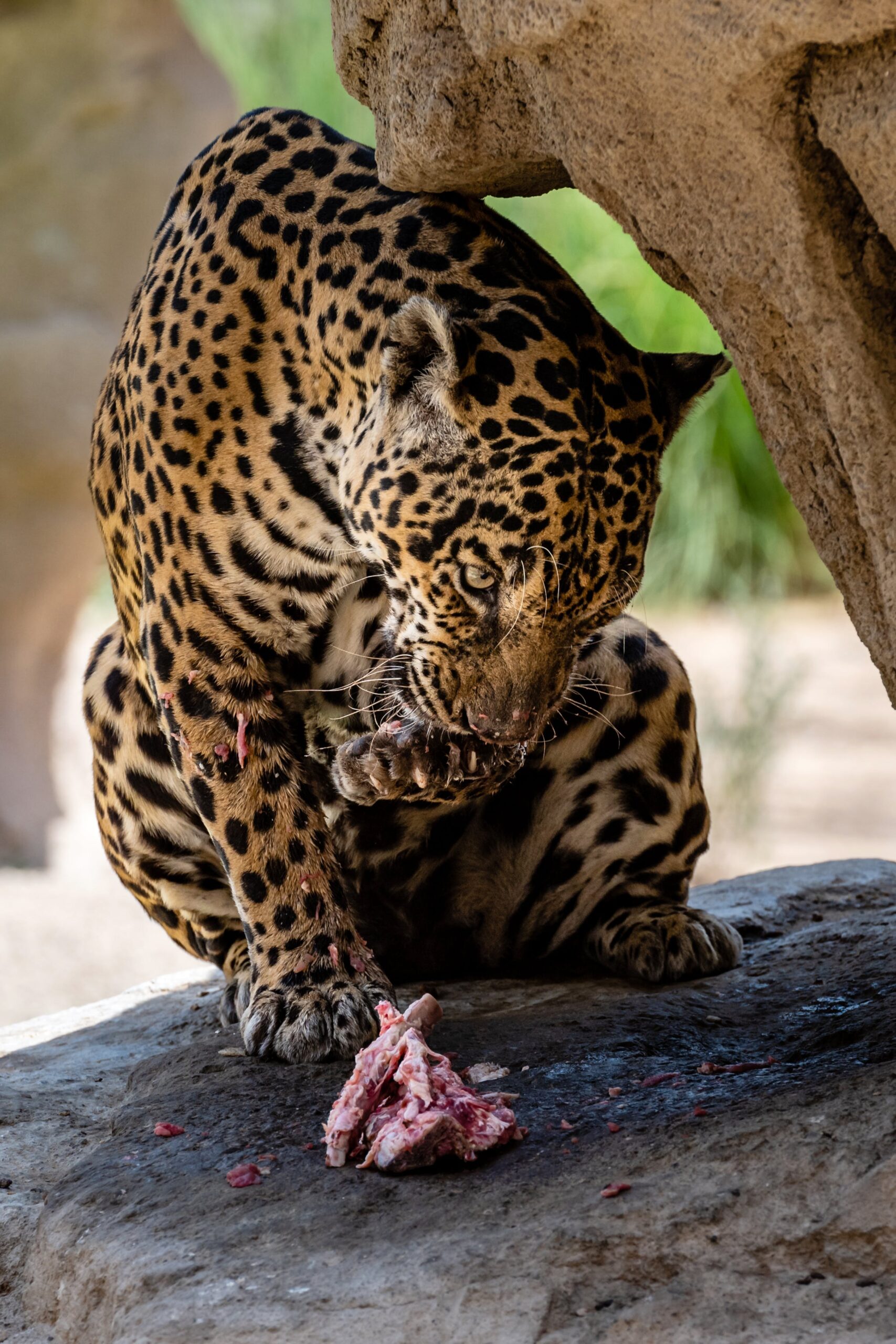The Tigre1, in order to illustrate the injustice of victimizing the weak for wrongs committed by the strong, tell their children the fable of the unjust leopard:
Long long ago, when animals knew how to talk just like a human, and used to communicate with speech, the leopard carelessly left his cub in a certain place. Shortly after, the elephant came to the spot where the cub was left. As he walked past, he unfortunately trod on the little cub with his foot, crushed it, and thus the cub died.
A passerby monkey saw the whole incident, went looking for the parent leopard, and informed him saying: “Alas! Your son is murdered!”
The leopard asked the lamenting monkey saying: “Who has dared to kill my son?”
The monkey replied: “It is the elephant who has killed your son.”
For a while the leopard was stunned. But then, he shouted: “The elephant has not killed my son, it is the goats who have murdered him!”
The monkey replied : “No! The elephant has killed your son. I have seen him with my own eyes.”
The leopard yelled: “No, no, no! It is nobody but the goats who killed my beloved son. I know very well. It is the deed of the goats!”
Then the leopard, with fury in his heart, went and made a great slaughter among the goats in vengeance for his son.

In actuality, the leopard knew that the elephant had killed his son, but because he was not so strong as the elephant, he chose to ignore the truth and took the goats for his revenge and killed them.
Thus, it still happens at the present, when persons are wronged by someone who is stronger, and are unable to overcome their enemy, they stir trouble against an innocent person who has done them no wrong, just because he is weaker.
For this reason, the Tigre have embodied the moral of the fable as a proverb: “‘The goats have done it,’ said the leopard.”
© Eriyopia.com